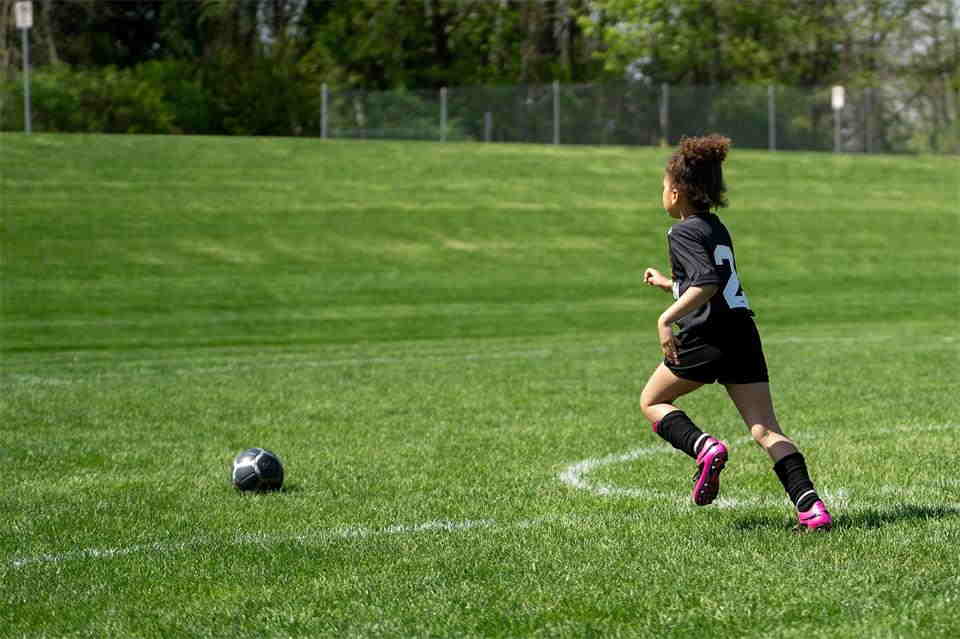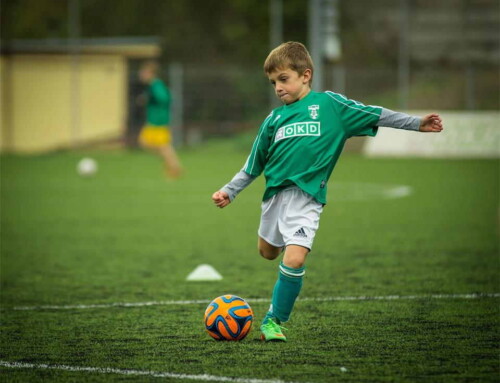Week-long Football Camps: An Immersive Training Experience for Kids
For children passionate about football, week-long camps provide a unique opportunity to combine learning, fitness, and fun. Designed for ages 6 to 16, these intensive programmes typically run during school holidays and span five to seven consecutive days.
Unlike short weekend or after-school sessions, they offer an immersive schedule where young players can refine skills, gain confidence, and deepen their understanding of the game.
What Makes Week-long Camps Different?
A typical camp day is carefully structured to balance high-energy activity with rest and feedback. Children may begin with warm-ups and technical drills in the morning, followed by tactical exercises and small matches at midday, then recovery sessions and group discussions in the afternoon.
The extended format allows coaches to work more closely with players, giving tailored guidance that simply isn’t possible in shorter sessions. With multiple hours of training each day, kids can practice and apply skills repeatedly, which accelerates improvement and strengthens game awareness.
Rising Demand for Youth Football in the UK
Football remains the most popular sport among young people in the UK. Sport England estimates that over 1.2 million children aged 5–15 regularly play the game.
This enthusiasm has been boosted by grassroots initiatives, professional academies, and targeted programmes like the Premier League’s Kicks project and the FA’s Wildcats centres for girls.
Parents are increasingly viewing football not just as sport but as a platform for life skills. Discipline, teamwork, leadership, and resilience are all lessons learned on the pitch that transfer into school and personal life.
As a result, leading academies such as Manchester City’s City Football Schools and Arsenal Soccer Schools now run week-long camps, making professional-level coaching accessible during school breaks.
Benefits for Children
Week-long football camps bring a wide range of advantages:
- Physical Health – Improves endurance, coordination, agility, and overall strength.
- Skill Development – Regular repetition of drills accelerates mastery of dribbling, passing, shooting, and positioning.
- Social Growth – Encourages communication, cooperation, and team bonding.
- Confidence & Wellbeing – Achieving new goals builds self-esteem, while active play reduces screen time and supports mental resilience.
By combining structured exercise with outdoor activity, camps help children establish healthy habits that last well beyond the holiday period.
Inside a Typical Camp Schedule
While each provider adapts their programme, most follow a rhythm like this:
- 9:00–10:00 – Warm-ups and individual skill drills
- 10:00–12:00 – Tactical training and small-sided games
- 12:00–13:00 – Lunch and rest
- 13:00–15:00 – Match scenarios and role-specific coaching
- 15:00–16:00 – Cool-down, team talks, and personalised feedback
Sessions are usually run by licensed FA or UEFA coaches, some with professional playing backgrounds. Alongside technical training, safeguarding and safety are taken seriously, with DBS-checked staff, medical personnel, and clear emergency procedures in place.
Success Stories
Many children view week-long camps as a stepping stone to greater opportunities. For example, a 13-year-old boy from Birmingham who attended a Championship club’s summer camp was later invited to join their youth academy.
Parents consistently report positive changes too:
“After just five days, my son came back more confident, more skilled, and more outgoing. It was a complete transformation.” – Parent, London
Local newspapers and community bulletins frequently highlight similar stories, showing how these camps open doors for children of all backgrounds.
How to Choose the Right Camp
When evaluating options, parents should look at:
- Accreditation – Is the camp linked to The FA, Premier League clubs, or trusted academies?
- Coach Credentials – Do trainers hold FA or UEFA licences?
- Safety Policies – Are safeguarding procedures and DBS checks in place?
- Facilities – Are pitches, changing areas, and first aid services of good standard?
- Location & Cost – Is the camp accessible and affordable compared with others of similar quality?
Asking organisers about structure, supervision, and progression pathways helps ensure a good fit for your child.
Wider Impact on Youth Health
Week-long football camps are part of a broader push to promote children’s health through structured physical activity. With childhood obesity and screen dependency remaining national concerns, these camps provide a valuable counterbalance.
Research shows that children who participate in organised sports not only have better physical health but also demonstrate stronger emotional resilience and lower anxiety levels.
Conclusion
Week-long football camps offer far more than skill training—they create environments where children can thrive physically, socially, and emotionally. By combining expert coaching with teamwork and fun, they give kids lasting memories and a stronger foundation in both sport and life.
For parents, these camps are a powerful way to ensure the school holidays are spent productively, actively, and joyfully.




